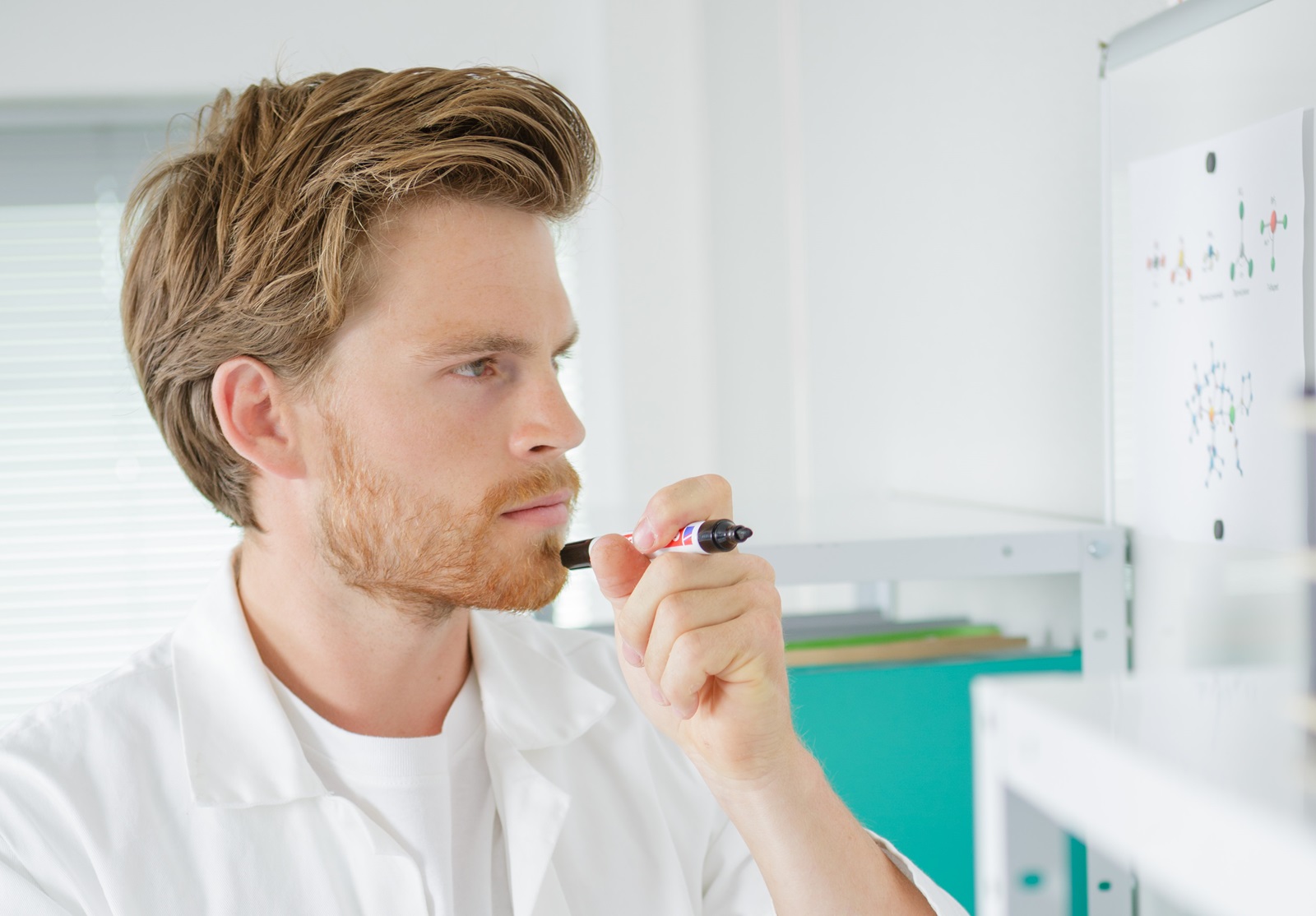Ongoing projects
A number of research projects already use data from My Purchases. Read more about current research below.

Examination of intestinal infections
Every day, thousands of Danes are affected by serious intestinal infections, such as salmonella. Although the incidence of salmonella has been steadily decreasing in recent years, there is still a lack of knowledge about the sources of these infections. A significant challenge is that even very detailed questionnaires rarely makes is possible to clarify what the infected individuals have actually eaten, as they are often asked several weeks after the infection period.
Purchase data has previously been used to clarify foodborne outbreaks. In this project, we will work more systematically and try to improve our possibilities of finding reasons why people get sick. In the long term, we will create a new tool for food preparedness, which is expected to be able to improve efforts against foodborne infections in Denmark.
Responsible researchers: Steen Ethelberg, Frederik Trier Møller
Do your shopping habits affect the course of the disease in chronic intestinal disease (IBD)
The purpose of the project is to follow patients with inflammatory bowel disease (IBD) in order to investigate which factors are important for disease development over time. This way, we can better adapt examinations and treatment to the individual patient. The diet can be one of the factors that have an impact on the course of inflammatory bowel disease, but it can be difficult to remember exactly what you have eaten. At the same time, filling in questionnaires is very time-consuming.
Purchase data makes it possible to automatically collect data about what we buy. This way, we can look for connections between what we buy and how the disease develops over time. Among other things, we can investigate whether there are foods that protect against flare-ups of the disease.
Statens Serum Institut (SSI) and the Capital Region of Denmark (Region Hovedstaden) jointly determine the purposes and means of the processing of personal data. Accordingly, SSI and Region Hovedstaden act as joint data controllers.
The parties have entered into an agreement whereby personal data is transferred to a shared folder on the research server operated by Statistics Denmark. This enables joint analysis of the data.
Each party is individually responsible for ensuring that their respective processing of personal data is conducted in a secure and lawful manner. However, SSI holds specific responsibility for ensuring that all necessary agreements and security measures are in place in relation to the use of Statistics Denmark’s research server.
Participants in the project are free to exercise their rights under the General Data Protection Regulation (GDPR) towards either of the joint data controllers.
Responsible researchers: Johan Burisch , Frederik Trier Møller
EFTER-COVID
In August 2021, the Statens Serum Institut launched a national questionnaire survey among more than 800,000 citizens in Denmark who have been tested for coronavirus. The purpose of the study is to map the health of the population during and after the covid-19 pandemic, including whether there are long-term consequences for the lifestyle of those affected, e.g. as a result of loss of sense of smell or taste, elucidated based on their purchasing patterns. See more about EFTER-COVID at https://covid19.ssi.dk/overvagningsdata/undersoegelser/efter-covid
Responsible researchers: Anders Hviid, Frederik Trier Møller
Purchase and the importance of environmental factors for health
How are we affected by what we are exposed to in everyday life?
The purpose of the project is to use information about our shopping behavior and the local environment for research into how our purchase affect the risk of contracting an illness or that an existing illness worsens, as well as the resulting consequences.
The results may make it easier to identify reasons why diseases occur or worsen. Since purchase data is detailed and can be collected over a longer period of time, it provides a different analysis option than using questionnaire data, which is otherwise typically used for this type of research. In the long term, this could lead to more effective detection of causes of diseases or worsening of existing diseases.
Responsible researcher: Frederik Trier Møller
